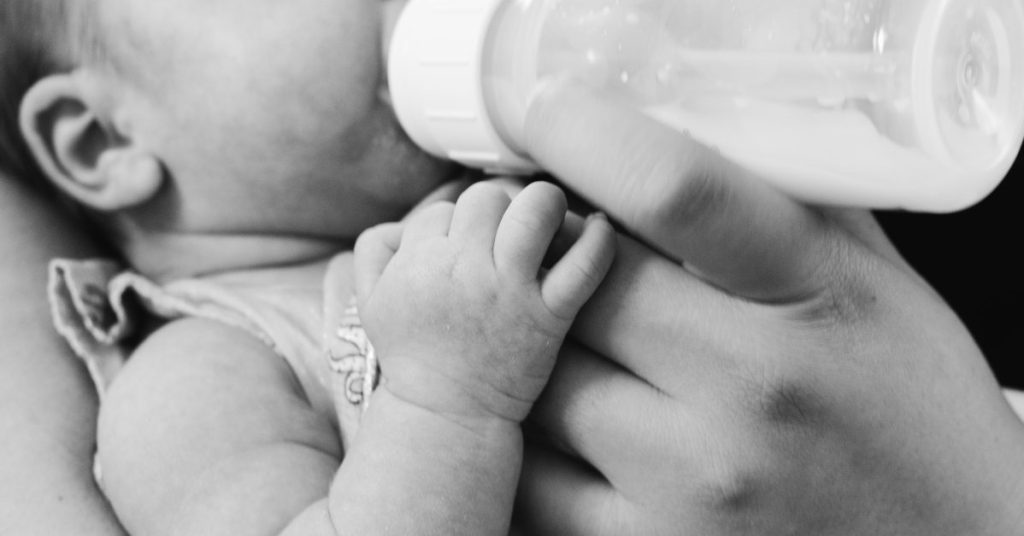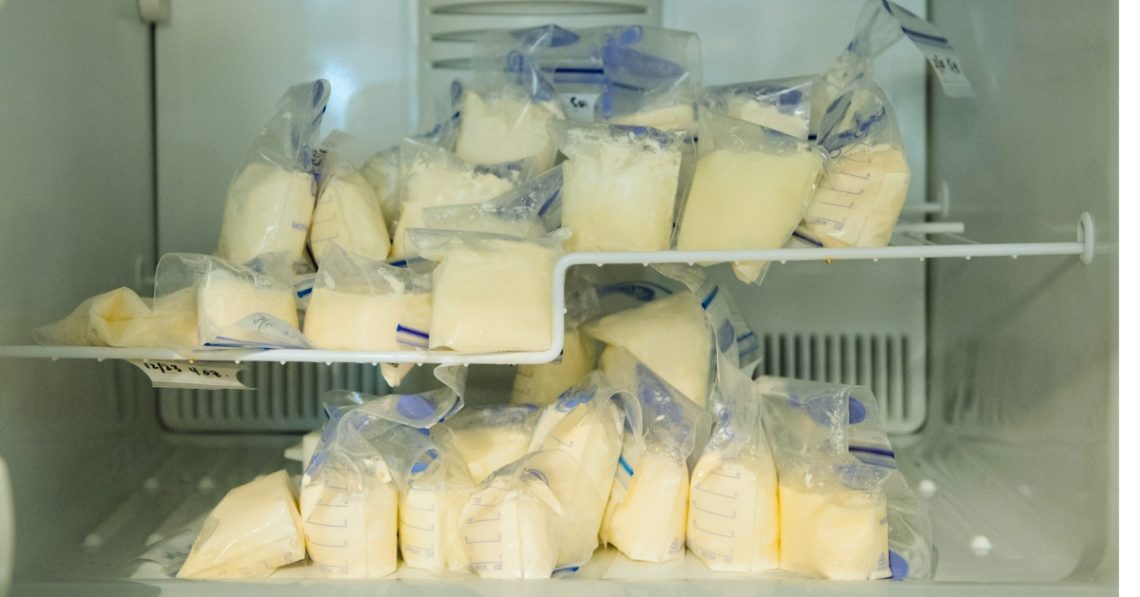Kevin Federline’s new memoir, You Thought You Knew, isn’t even out yet, and it’s already reignited one of pop culture’s oldest fires. In the book, he claims Britney Spears used cocaine shortly after the birth of their second child, warning her not to “go home and breastfeed the kids like this.”
Spears has called the story “white lies,” but the accusation has reopened a real and uncomfortable question: what does cocaine actually do to breast milk, and what happens to a baby exposed to it?
Cocaine is a powerful stimulant that alters the central nervous system, raising heart rate and blood pressure while flooding the brain with the feel-good chemical, dopamine. It’s also incredibly addictive. According to the United Nations Office on Drugs and Crime, about 25 million people worldwide use cocaine each year, including hundreds of thousands of pregnant women.

How Does Doing Cocaine Affect Your Breast Milk—and Your Baby?
When a nursing parent uses cocaine, the drug passes into breast milk almost immediately. Studies have shown that it can remain there for up to 36 hours, depending on how much was taken. One documented case found cocaine levels of 10 to 15 micrograms per liter in milk 12 hours after a woman reportedly snorted 500 milligrams. That’s about 10 lines. By 36 hours, the levels had dropped below measurable limits, but the risk during that window is significant.
Pumping and dumping won’t do you any good. Experts at the University of Washington Medical Center recommend discarding milk for at least a day and a half after using cocaine and keeping the baby away from anyone smoking it nearby. “Secondhand smoke from free-based cocaine can cause the same symptoms in your baby as it does in the user,” the team warns.
Infants exposed to cocaine can experience serious complications because their bodies can’t break the drug down efficiently. Reported symptoms include rapid heart rate, high blood pressure, breathing problems, digestive distress, seizures, and developmental delays. In extreme cases, it can be fatal. Between 2015 and 2017, cocaine was cited on the death certificates of 78 U.S. infants, according to the CDC.
For comparison, alcohol exposure through breast milk can interfere with sleep and growth, but cocaine’s impact tends to be faster and more severe. The difference is that alcohol is metabolized predictably. Cocaine isn’t.
Whether Federline’s story is true or another attack on the already-questionable Spears, the science stays the same. Cocaine and breastfeeding don’t mix.
The post What Does Cocaine Do to Your Breast Milk? appeared first on VICE.




